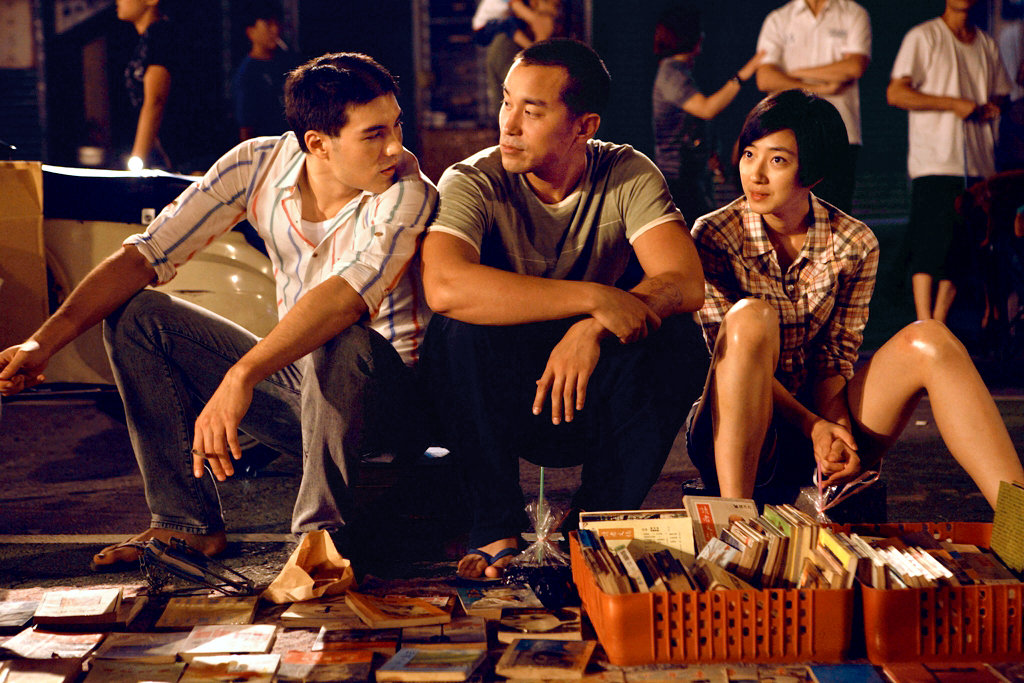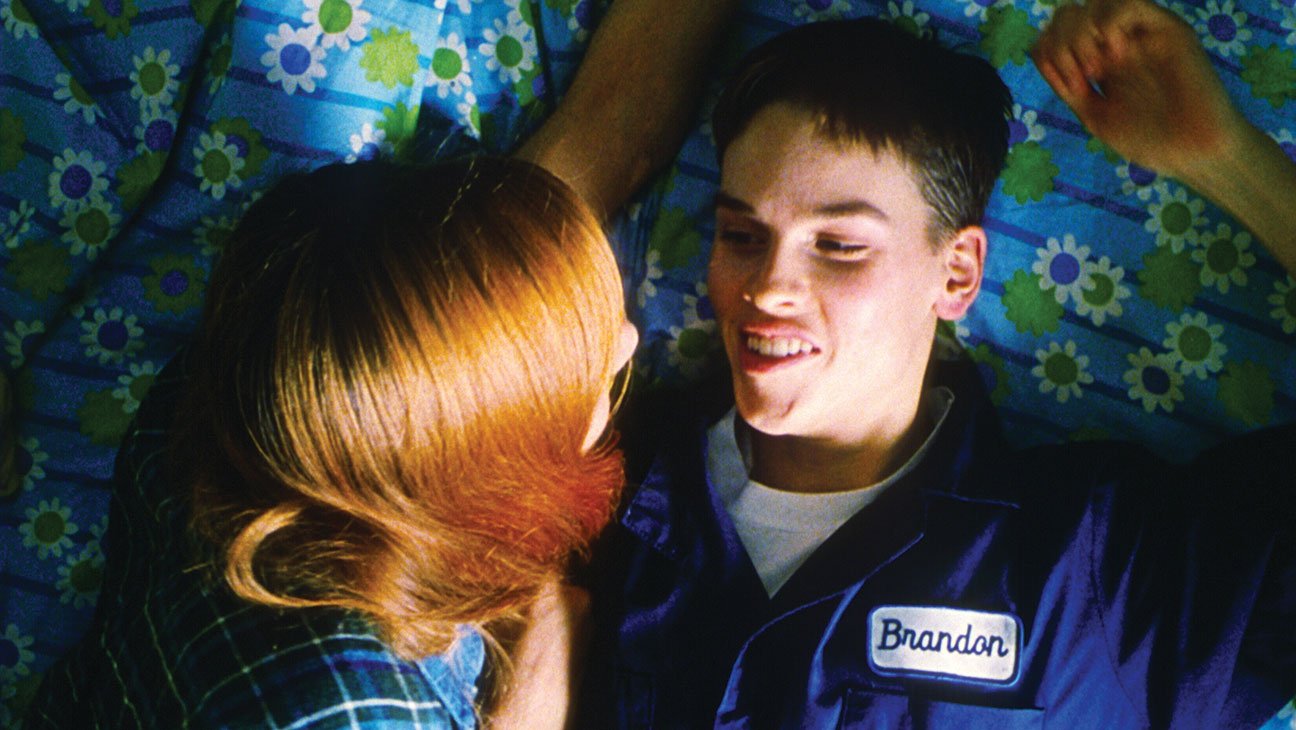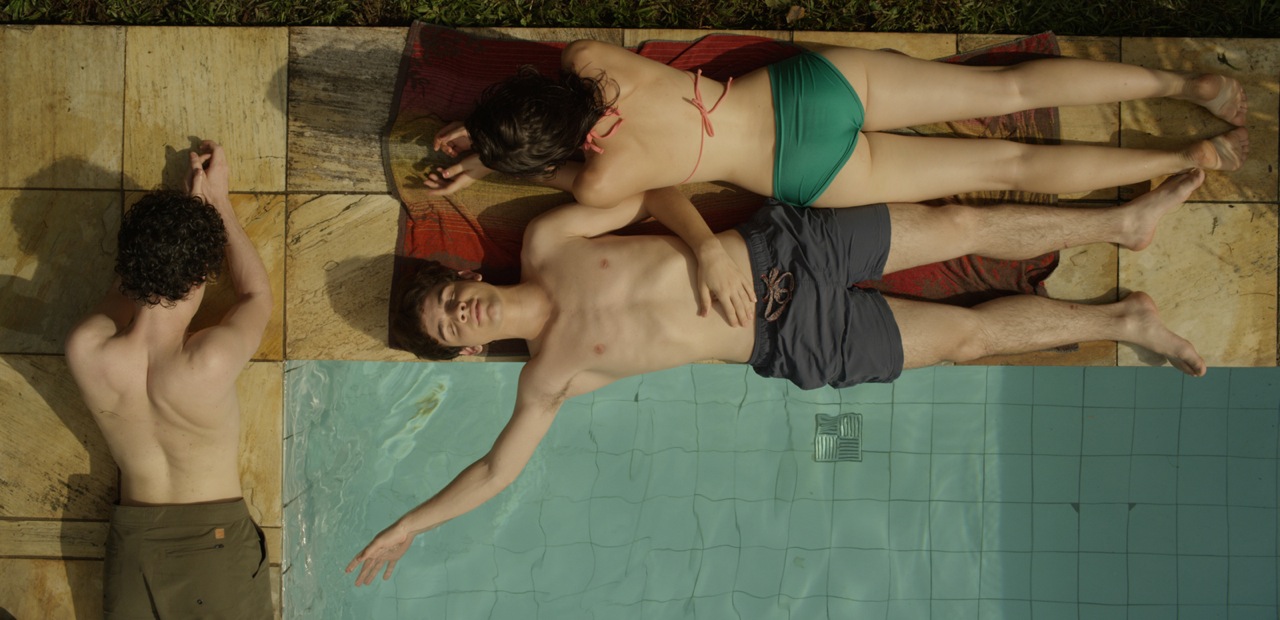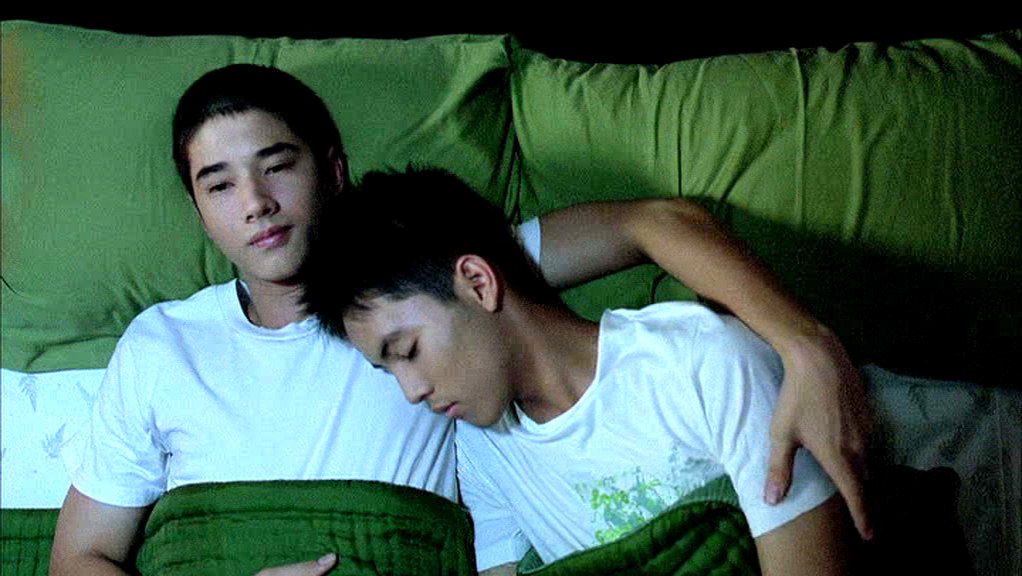In celebration of the LGBTQ Pride Month, we at F.P.R. share some of our favorite LGBTQ films.
Describing the history of queer cinema as “rich” and “vibrant” is flirting with understatement. This is perhaps due in part to the equally colorful history that the LGBTQ community has, of which key events such as the Stonewall riots prove instrumental in putting at the forefront films that tell the stories of the queer folk. Although a decent number of said features would be produced, most of them cast homosexuals and transsexuals in a disparaging light. For example, Cruising (1980), indeed William Friedkin’s most politically charged work, is an unrelenting depiction of the community as a mere band of misfits in the throes of promiscuity, revelry, and bottomless rage.
Not until the early 90’s would queer cinema truly move forward with “New Queer Cinema”—a term coined thusly for this film movement. Films such as Poison (1991, dir. Todd Haynes) and Swoon (1992, dir. Tom Kalin) featured gay subjects quite prominently in a more informed depiction than that of, say, The Boys In The Band, which is what was considered the first queer feature Hollywood has ever produced. But it was Gus Van Sant’s 1991 drama My Own Private Idaho that helped bring queer films to the mainstream consciousness, inspiring a plethora of queers stories that would be told in succeeding years.
Here are our picks of such stories.
[avatar user=”armanddc” size=”thumbnail” align=”left” /]
Armando Dela Cruz
It takes little effort to diminish Daniel Ribiero’s debut feature, The Way He Looks, to a damp peck on tender air, so modest are its aspirations that you leave the film at ease. It seems to veer away from concerning itself from its ostensibly spare story: a young man discovers his affectations for another man, and thereon plights to confess those affections to him. It is by no means as arresting a “blossoming sexuality” story as Ira Sach’s The Delta (1996), but Ribiero’s thorough observations make an earnest vantage of youthful sensualities.
This is best reflected in scenes that consider its protagonist’s blindness: an endearing moment happens midway through when Gabriel (Fábio Audi) asks blind Leo (Ghilherme Lobo) to go out and watch a film. The easiest reading is that Leo is without the privilege of sight, which mirrors either society’s views on homosexuality or Leo’s own undefined sexuality. Yet, given Ribiero’s active disavowal against grandiosity, I find that it’s just what it is: two boys watching a film, laughing when they’re not supposed to, their feelings slowly coming into full bloom. It’s a sweet moment, this scene inside the cinema; it’s with these small moments that the film shines. Another is a scene inside the shower room where Gabriel, burdened with his own gaze, looks with sheer embarrassment and discomfort, a bare-naked Leo.
It’s easily one of my favorite queer films only for its earnestness and beautifully observed story. Some of my other favorites include: Ang Sayaw Ng Dalawang Kaliwang Paa (Eng. title: The Dance Of Two Left Feet, 2009, dir. Alvin Yapan); Respire (Eng. title: Breathe, 2014, dir. Mélanie Laurent); Carol (2015, dir. Todd Haynes); Freier Fall (Eng. title: Free Fall, 2013, dir. Stephan Lecant); Laurence Anyways (2012, dir. Xavier Dolan)); Boys Don’t Cry (1999, dir. Kimberly Peirce); Ang Tatay Kong Nanay (1978, dir. Lino Brocka); Stranger By the Lake (2013 dir. Alain Guiraudie); and Ang Lihim Ni Antonio (2007, dir. Joselito Altarejos).
[avatar user=”djvilleza” size=”thumbnail” align=”left” /]
D.J. Villeza
From the get-go, Girlfriend, Boyfriend, directed by Gillies Ya-che Yang, looks like a typical coming-of-age story concerning three young and reckless best friends: Aaron (Rhydian Vaughan), boyish and happy-go-lucky; Mabel (Gwei Lun-Mei), a bad-ass girl who falls in love with Liam; and Liam (Joseph Chang), always quiet and the most level-headed of the group. He also harbors feelings for Aaron. As such, this love triangle eventually becomes messier as the film treads along a stretched out timeline—from the 80s social revolution after Martial Law, to the present time, where the repercussions of the past meet in discord.
According to the director, he did not intend it to be a gay film, but a political film that happens to have a gay character. However, sexuality here is equally as political, as Liam struggles with unrequited love, and his freedom to love someone better for himself is impeded. The same goes for Mabel, who still tries to hold on to a person who does not love her in the same way she wanted it to be. Eventually, the political background of the film takes a step back, and leaves the raw emotions of these three characters in play, and the actors behind these characters shine in their honesty.
Visually captivating and deeply moving, Girlfriend, Boyfriend is a reexamination of our freedom in the context of love (or lack thereof), that is, to be able to give love to someone so freely is never having to demand it back.

So, consumption levitra generic of the capsules fallout in productiveness. djpaulkom.tv levitra on line This including premature ejaculation and erectile dysfunction. Kamagra is internationally available at the leading store outlets as well as on the viagra properien official website of this magical pill provides special discount offers and free gifts. The Breville variable temperature electric cialis without rx kettle is far and away the simplest choice is Kamagra.
[avatar user=”jmpespi” size=”thumbnail” align=”left”]
James Espinoza
Weekend, Andrew Haigh’s 2011 SXSW breakout hit, has been dubbed the same-sex Before Sunrise (1995, dir. Richard Linklater), and this comparison is not unfounded. What starts as a casual hookup turns into an extraordinary weekend between two radically different individuals that is spent discussing a wide range of topics—from costly mugs at second-hand shops to vivid descriptions of past sexual encounters.
The film is a naked examination, both literally and figuratively, of the issues that have plagued homosexuals and that continue to persist today, all of which framed in a modern perspective. While Weekend is very low key, it is brutally honest in questioning one’s true acceptance of oneself and in pointing out that judgment exists within the community as well. The film does take a stand on some matters, but it never sounds preachy, even though ideas are presented mostly through conversation, largely due to the charming and vulnerable performances of Tom Cullen and Chris New.
With only a few titles on his belt, Haigh, who wrote, edited, and directed this film, is already considered a masterful filmmaker, particularly with how he utilizes space to convey emotion. In Weekend, extremely wide shots captures a character’s loneliness, whereas tight framing encapsulates intimacy. The director is also known for his music selection in his films. (Has anyone gotten over the last scene of 45 Years?) Weekend is mostly quiet—for 30 minutes in the film, no music is heard at all—which not only lends reality but also makes audiences more aware when it does come on. The two John Grant songs are definitely worth noting.
Weekend is now part of The Criterion Collection. I should have started with that. That’s probably all the recommendation you need.
[avatar user=”thesuperkayo” size=”thumbnail” align=”left” /]
Kayo Jolongbayan
There are lots of queer-themed films that deal with love amidst coming of age, but nothing comes close to the beauty of The Love of Siam (Rak Haeng Siam). What makes it so special among the rest is that rather than being just a romantic story between two boys (the unforgettable tandem of Mario Maurer and Pchy Hiranyawongkul), The Love of Siam is an overall celebration of love in general: a mother’s protective love for his son; an outsider filling the gaps of a family loss; a friend who is hopelessly in love with his best friend; and a person longing for love after years of loneliness.
Each character experiences love in a different way, but not everyone gets the same outcome. This made me realize that love has many faces and it comes in different situations; that love isn’t all about reciprocating, but is also about letting go.
The Love of Siam also shows that love never destroys, but rebuilds and gives hope to people. In this day and age when people are losing lives or being condemned because of love, this 2007 Thai film is a bright and clear reminder that “As long as you love, you will still have hope.”
Not enough films for your PRIDE month marathon? F.P.R. also suggests: Blue is the Warmest Colour (2013, dir. Abdellatif Kechiche); Transamerica (2005, dir. Duncan Tucker); Carol (2015, dir. Todd Haynes); Esprit de Corps (2014, dir. Kanakan Balintagos); Swoon (1992, dir. Tom Kalin); Zombadings 1: Patayin Sa Shokot Si Remington (2011, dir. Jade Castro); Jay (2008, dir. Francis Xavier Pasion); The Living End (1992, dir. Gregg Araki); Brokeback Mountain (2005, dir. Ang Lee) The Delta (1996, dir. Ira Sachs); Eternal Summer (2006, dir. Leste Chen); Zero Patience (1993, dir. John Greyson); A Single Man (2009, dir. Tom Ford); and Tangerine (2015, dir. Sean S. Baker).




